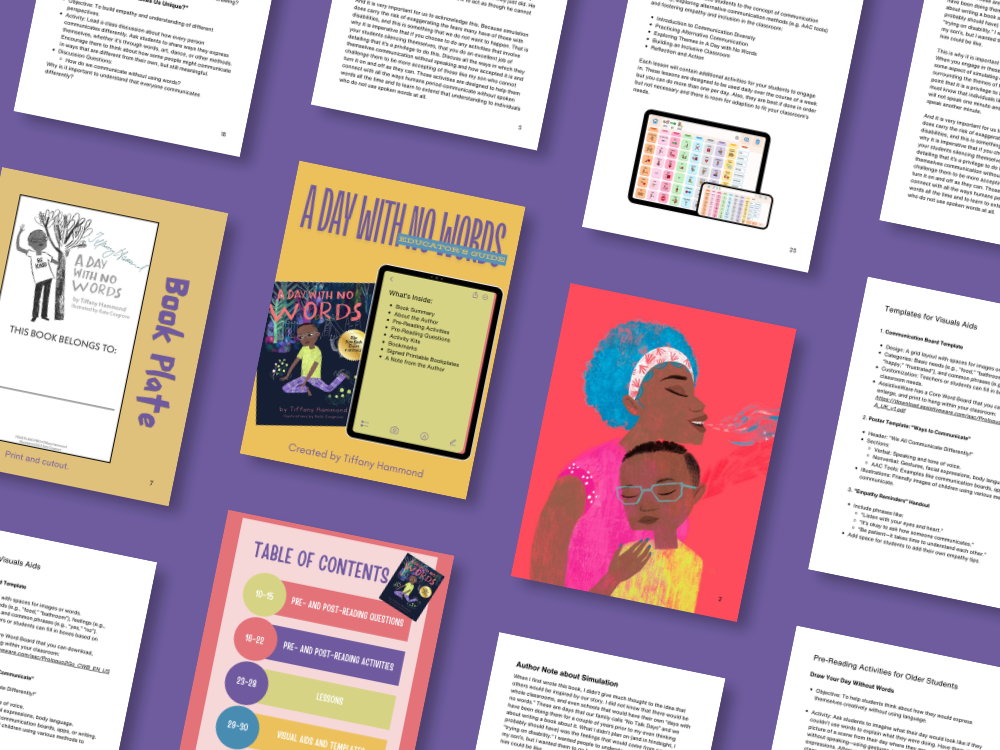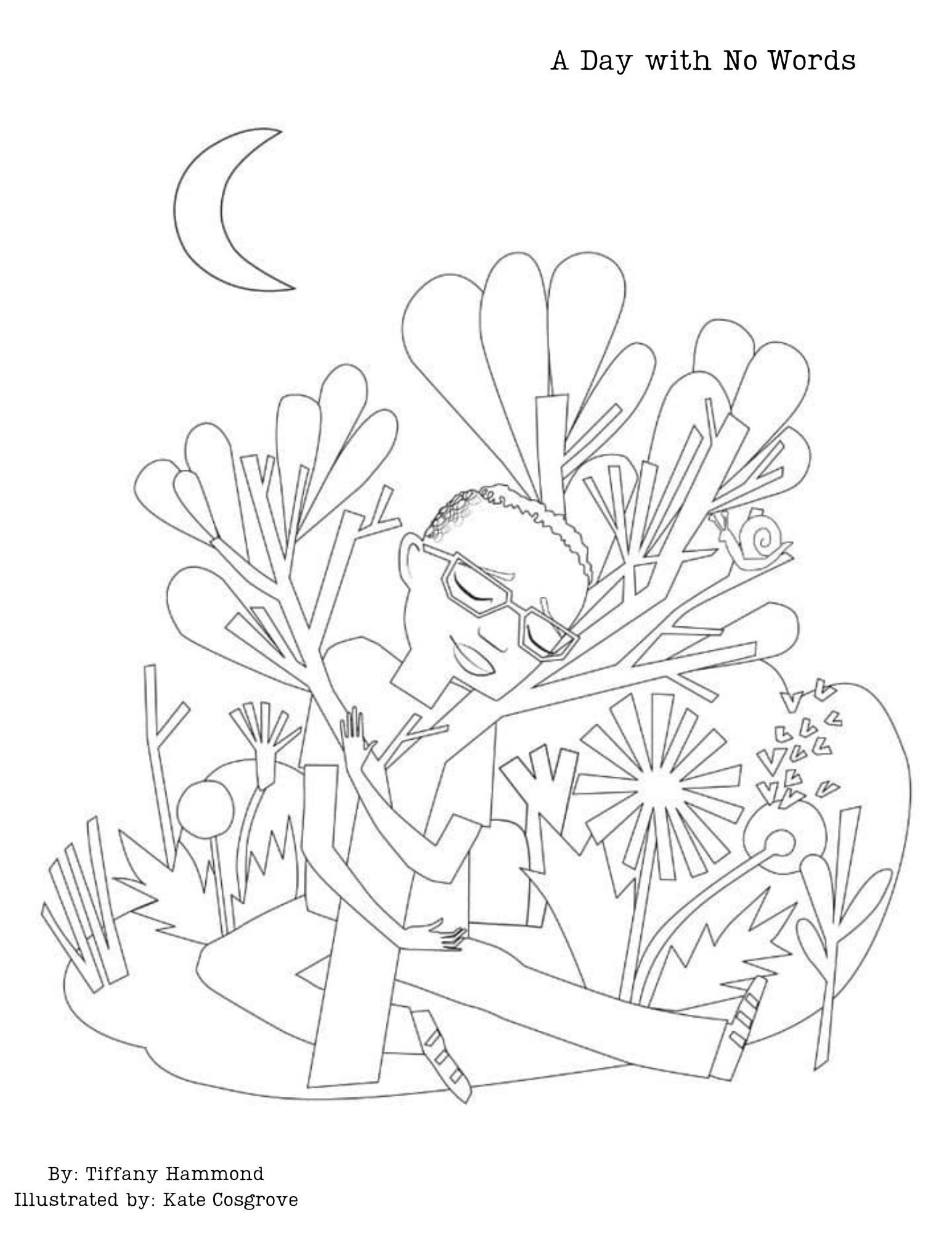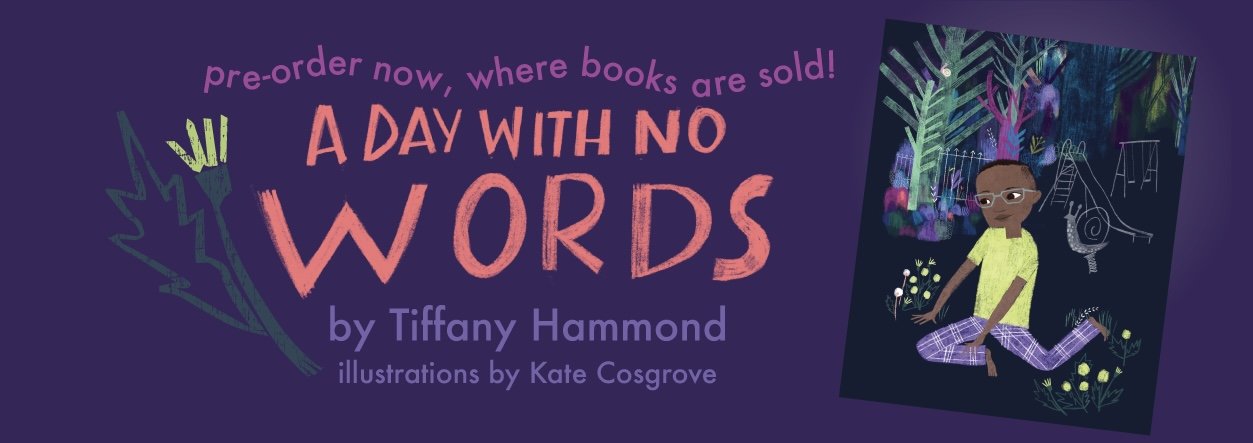


Our Family’s “Days with No Words”
Why these days are important:
To be closer with my son who is nonspeaking. This strengthens our bond with Aidan. He sees us using our devices, tapping images, and scrolling through different boards. Also, he’s still learning his AAC so this is also us modeling.
To get a better understanding of what challenges he has in this world.
This lets him know that we are trying to understand him and the challenges he faces interacting with a word that is designed for the speaking. When we are using everything but our voices on these days, we are learning what it is we need to advocate for to make his life easier. We are learning how difficult it is to make our needs and thoughts known when we don’t speak in a world that caters to those who do. We are learning that there are ways to get our needs met even though we aren’t speaking. This opens up our hearts, and opens up our advocacy.

Wait, what’s that word mean?
There’s a lot of terminology surrounding the disability community in general and the Autism community as a whole. We have all had those moments of, “what does this word even mean?” I have been there, often. Language grows and evolves as we do. Here is a short glossary of some terms that I used within the book and some that are used often within this community.

Behind the Book
Many books about Autism have a specific audience in mind, the Autism community.
This community, comprised of Autistic adults and children, parents to autistic children, professionals, researchers, therapists, etc. is often who those books are for.
There’s nothing wrong with this, we need more of this honestly.
However, we need more books that bridge our world with that of those not of our world. In other words, we need more books that serve as invitations for Allistic (not Autistic, but can be Neurodivergent in other ways) and non-disabled persons to not only see us but to know us.